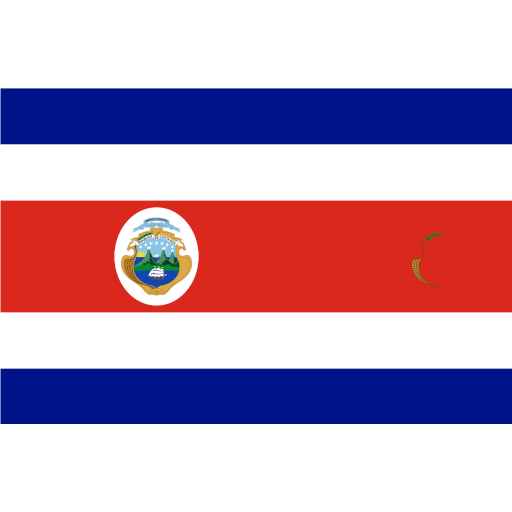1. Practice of Occupational Medical Evaluations
On April 29, 2025, the Ministry of Labor issued Resolution 1843, which seeks to regulate the practice of occupational medical evaluations in Colombia.
i. Types of mandatory, clear, and comprehensive evaluations:
The Decree establishes six types of mandatory medical evaluations:
- Pre-entry
- Periodic (scheduled or change of occupation)
- Discharge
- Post-disability
- Return to work
- Follow-up or control
ii. Maximum frequency for medical examinations:
It establishes that occupational medical evaluations may not exceed a frequency of three years, except in exceptional, technically justified cases.
iii. Basic information for conducting occupational medical evaluations:
- Job profile and duties
- Epidemiological indicators
- Hazard identification, evaluation, and risk assessment matrix
- Additional technical studies
- Specific biological indicators
- Evidence of the delivery and receipt of the report.
iv. Prohibition of discriminatory testing.
Requiring pregnancy, HIV, and VDRL tests as a requirement for entering or remaining in employment is prohibited, except for clinical justification due to risk, with prior consent of the worker in the case of pregnancy.
v. Confidentiality and Respect for the employee.
Strengthening the confidentiality of occupational medical records.
The medical term should avoid "fail" and focus on specific recommendations and restrictions.
vi. Medical Record Management
The Employee's Medical Record may only be released in the following cases:
- Court order.
- Written authorization from the employee when required for strict medical purposes.
- Request from a physician or occupational health service provider, with prior authorization from the employee, for follow-up and analysis of occupational medical records.
- The entity or person competent determines the origin or assesses the loss of work capacity, with prior consent from the employee.
vii. Employee Responsibilities
- Take care of their health comprehensively, following medical recommendations and/or restrictions within and outside the workplace.
- Participate in active breaks during the workday to improve physical and mental health, and inform the employer of any conscientious objections, beliefs, health limitations, cultural stances, or policies that affect or limit the use of such breaks.
- Challenge medical and occupational health recommendations and/or restrictions issued by the OSH specialist, both within and outside the workplace.
viii. Sanctions
- If an employee requests pregnancy tests without justification, they may be fined up to 2,455 UVT (Unique Value Added Tax).
- Failure to comply with this Resolution will result in sanctions for the employee, employer, contractor, and occupational risk administrators in accordance with current and applicable legal provisions.






















